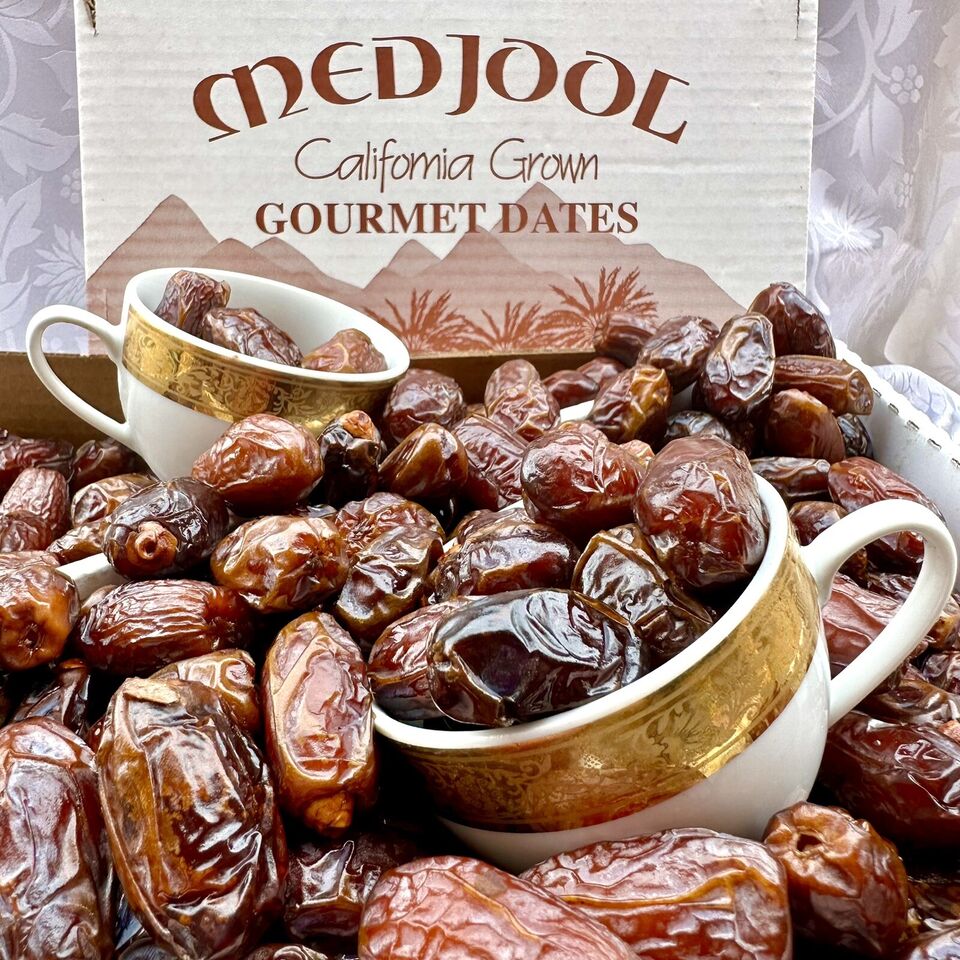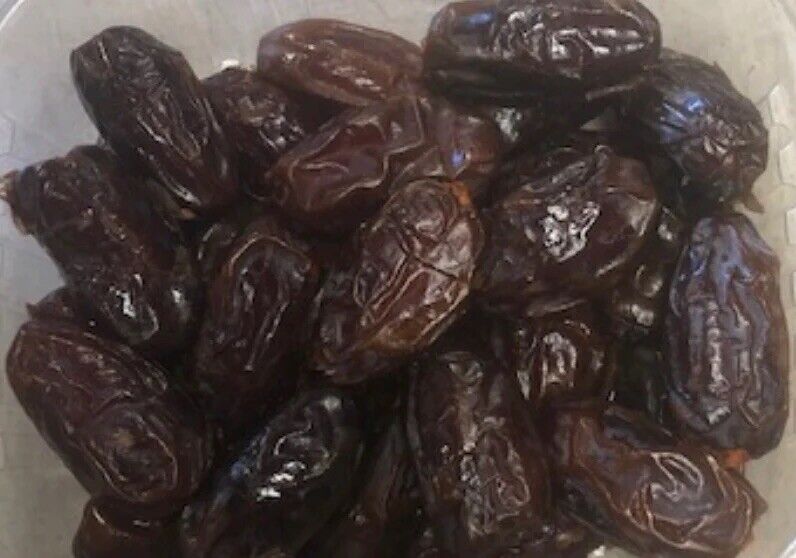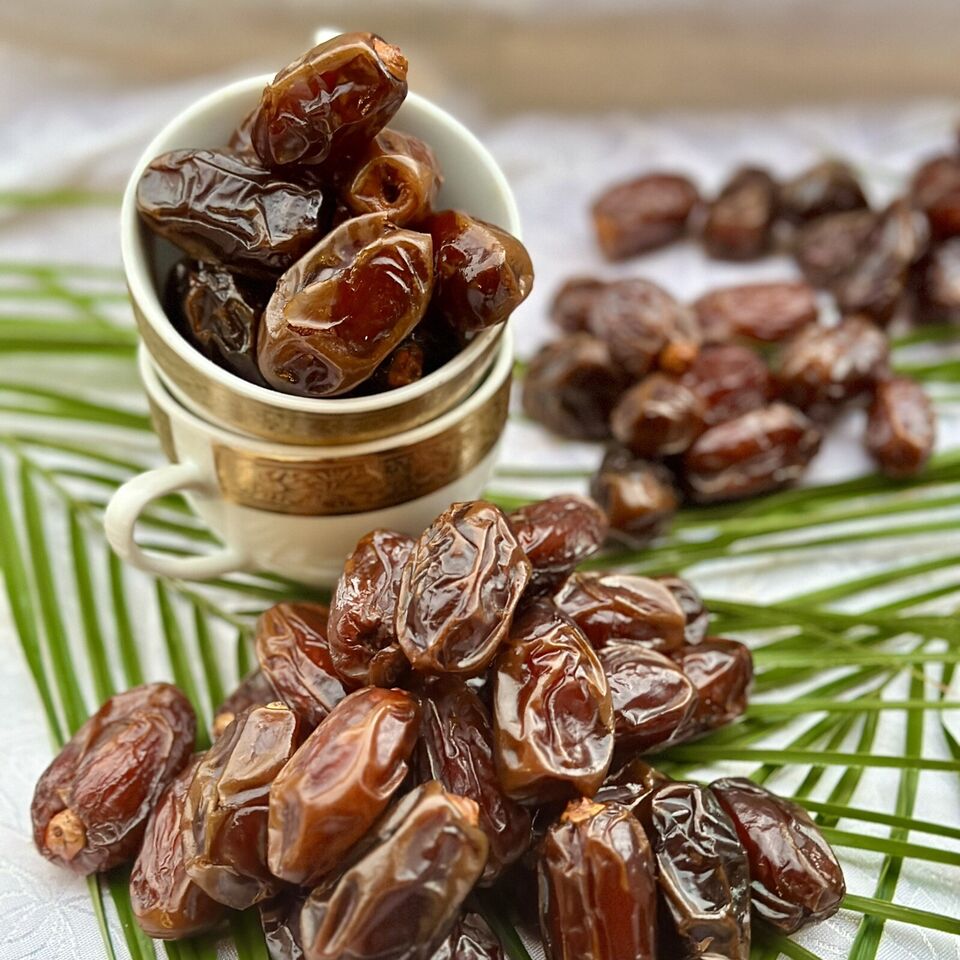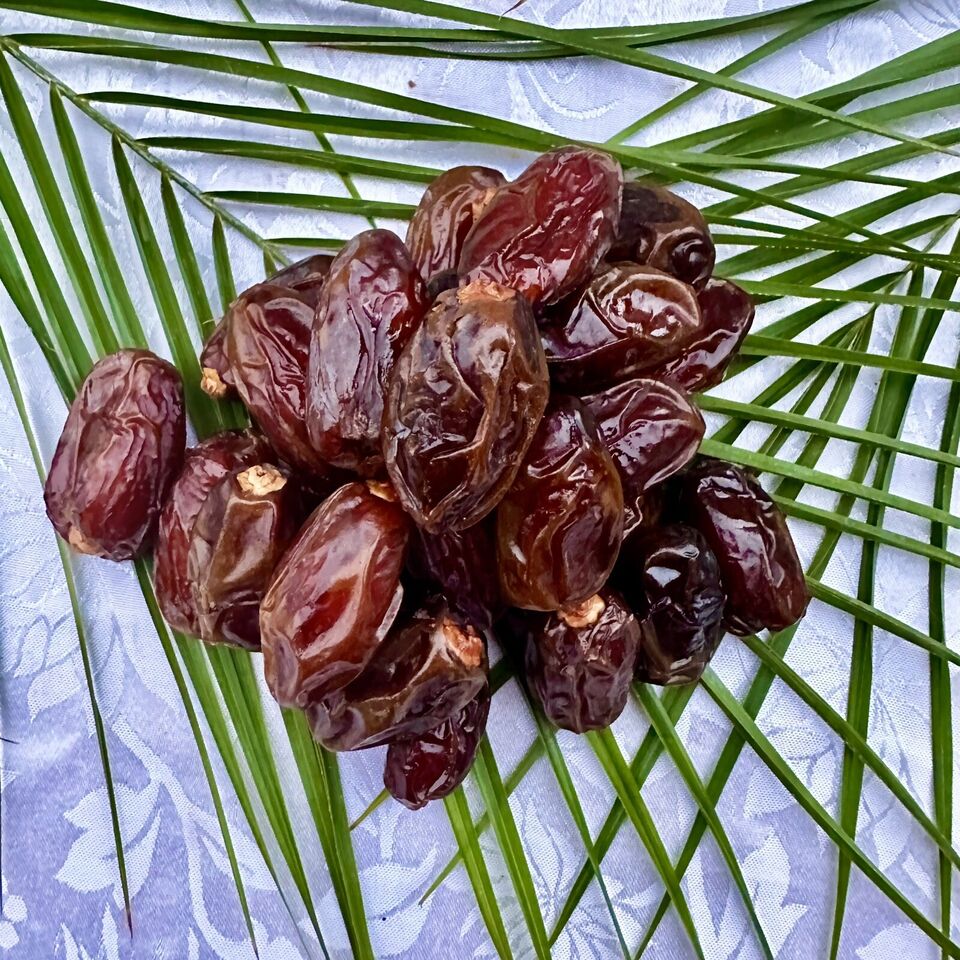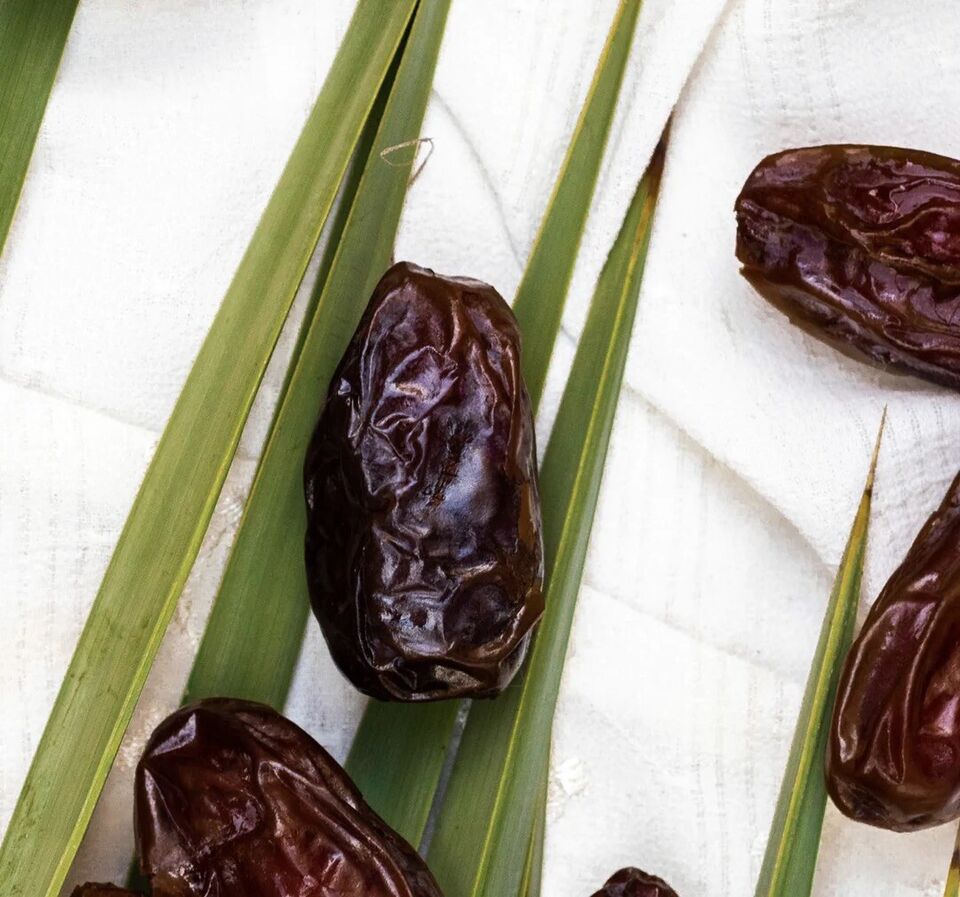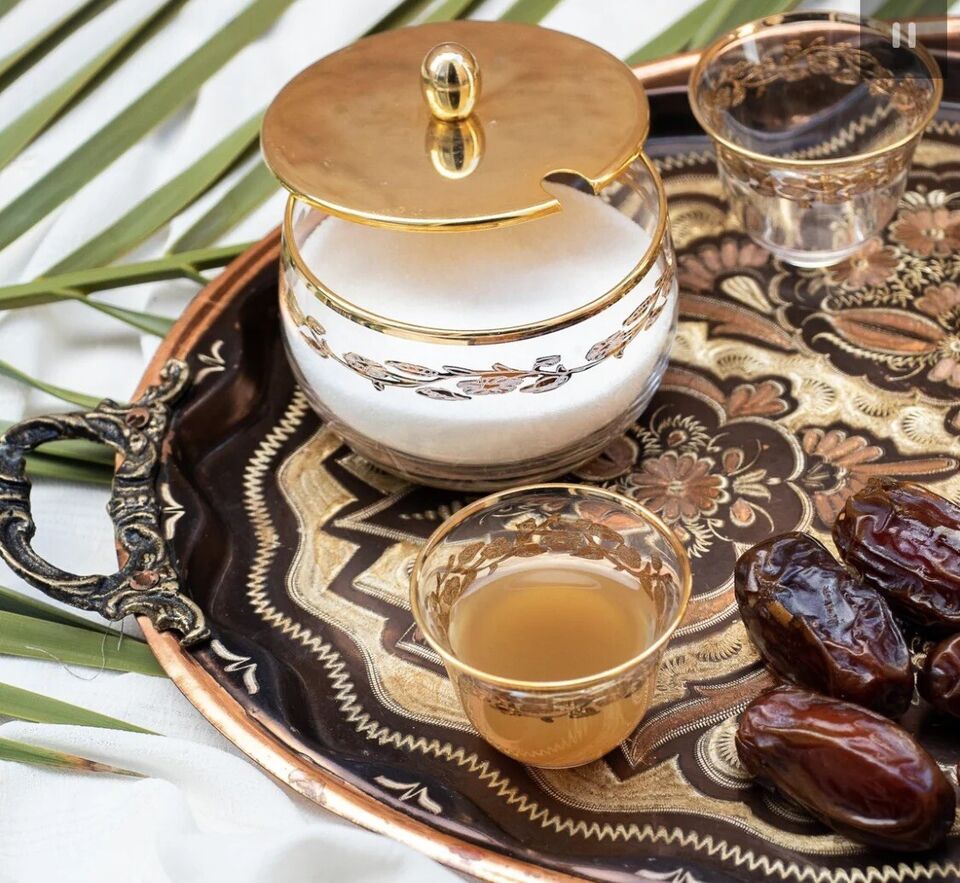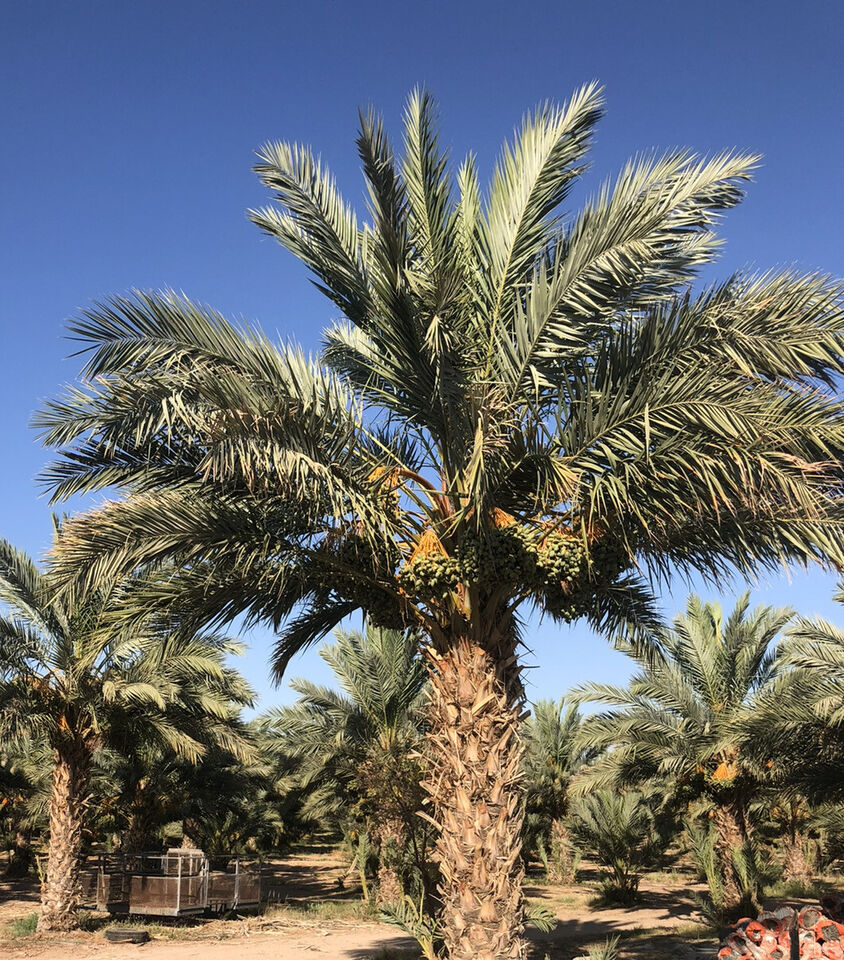Senci Green Garden
Dates seeds (Phoenix dactylifera) Organic fresh x10 Seeds
Dates seeds (Phoenix dactylifera) Organic fresh x10 Seeds
Couldn't load pickup availability
Dates seeds (Phoenix dactylifera)
100% Fresh Seeds NON GMO Organic
Dates are the sweet, edible fruits of the date palm tree (Phoenix dactylifera). They are highly valued for their rich taste, nutritional benefits, and versatility in culinary applications. Here is a detailed description:
Physical Characteristics
Appearance
Shape: Dates are typically oval to cylindrical in shape.
Size: They range from 3 to 7 cm (1 to 3 inches) in length and about 2 to 3 cm (0.8 to 1.2 inches) in diameter.
Color: Dates can be bright red, yellow, brown, or black, depending on the variety and stage of ripeness.
Texture
Skin: The skin of dates is thin and can be either smooth or slightly wrinkled.
Flesh: The flesh is soft, sticky, and dense, with a sweet, caramel-like flavor.
Pit: Inside, dates contain a single long, narrow seed or pit that is hard and inedible.
Ripening Stages
Dates go through several stages of ripening, each with distinct characteristics:
Kimri (Unripe): Hard, green, and bitter.
Khalal (Full-Sized, Crunchy): Crisp and astringent, usually yellow or red.
Rutab (Ripe, Soft): Soft, sweet, and starting to brown.
Tamar (Fully Ripe, Sun-Dried): Dark brown to black, very soft, and intensely sweet.
Nutritional Value
Macronutrients
Carbohydrates: Dates are high in natural sugars like glucose, fructose, and sucrose, making them a rich source of energy.
Fiber: They are an excellent source of dietary fiber, which aids in digestion and promotes gut health.
Protein: Dates contain small amounts of protein.
Micronutrients
Vitamins: Dates are rich in vitamins such as B6, A, and K.
Minerals: They provide essential minerals including potassium, magnesium, copper, manganese, iron, and calcium.
Antioxidants: Dates contain various antioxidants, including flavonoids, carotenoids, and phenolic acid, which help combat oxidative stress.
Culinary Uses
Snacks: Dates are often eaten on their own as a nutritious snack.
Cooking and Baking: They are used in a variety of recipes, including desserts (cakes, cookies, and puddings), savory dishes (stuffed dates, tagines), and as natural sweeteners in smoothies and energy bars.
Stuffed Dates: Commonly filled with nuts, cheese, or other fruits for a gourmet treat.
Health Benefits
Energy Boost: Due to their high natural sugar content, dates are a quick and healthy source of energy.
Digestive Health: The fiber content aids in digestion and helps prevent constipation.
Heart Health: Dates may help lower cholesterol and regulate blood pressure due to their potassium and antioxidant content.
Bone Health: Minerals such as calcium, phosphorus, and magnesium contribute to strong bones and teeth.
Cultural and Economic Importance
Traditional Significance: Dates have been a staple food in Middle Eastern and North African cultures for thousands of years, often associated with religious and cultural events.
Economic Value: Date cultivation is a significant agricultural industry in many arid regions, providing livelihood and economic stability.
Dates are prized not only for their delicious taste and versatility in culinary applications but also for their numerous health benefits and cultural significance.
Share
